FORT BENNING, Ga. (Army News Service, April 1, 2011) -- Soldiers not in shape may need to schedule some extra gym time before attending one of the National Guard's Warrior Training Center courses at Fort Benning, or they might not make the cut.
The Air Assault School's obstacle course alone, completed on the first day of training, trims about 50 prospective students' names from each class roster.
Given the name Warrior Training Center, or WTC, in 2004, it began as a pre-Ranger course, now called the Ranger Training Assessment Course, which has been taught on the installation since 1994. Over the years Pathfinder, Bradley Pre-Master Gunner, Vehicle Crew Evaluator, Combatives and Abrams Pre-Master Gunner courses have been added to WTC's repertoire, creating a unique National Guard operation.
WTC classes are tough for a reason -- in teaching about 5,500 troops each year, they are designed to provide the National Guard with the most highly-trained Soldiers possible, said Tom Siter.
Siter, the deputy commander of Warrior Training Center, said the strength of the organization lies in its experienced cadre.
"The key to this organization is what the Soldiers here do on a daily basis," Siter said. "We hand-select everyone who works here," he added.
As a unit that is run by the National Guard for the National Guard, nearly all of the 139 WTC personnel are Guard Soldiers on one-year orders. Leaders at WTC are able to screen and select only the best candidates applying for Active Duty Operational Support orders.
On average, Soldiers selected to work for WTC choose to extend their orders for about four to five years, Siter said, a term that benefits both the Soldiers and WTC. He explained that with the influx of fresh experience and perspective from the field each year, WTC instructors have an edge.
"We probably have some of the best Soldiers in the National Guard teaching here," agreed Maj. Brian Deaton, commander of WTC's Alpha Company.
Siter, the former commandant of WTC, also stressed the difficult certification process instructors endure. He said WTC observed how the active-duty Ranger school trained their instructors, mirrored their process, and added even more requirements.
"We took a lot of what right looked like and replicated that here," he said.
Instructors for WTC courses must attend training such as the Army Basic Instructor Course, Combat Lifesaver course, complete various Army Training and Doctrine Command requirements, and become fully certified as instructors before teaching classes.
A unique aspect of WTC's courses is that while many are required for National Guard Soldiers before attending active-duty schools like Army Ranger School, WTC also accepts military members from other services and international students, Siter said.
"All the services come through our school before going to ranger school," said Deaton, who's company runs the Ranger Training Assessment Course.
And if Guard Soldiers can't pass WTC's schools, they don't move on to the full-level courses. Active-duty Soldiers and servicemembers can go straight to Ranger school if they choose, but Deaton said they will be more prepared if they try WTC's Ranger Training Assessment Course first.
Deaton said an interesting part of the job is working with international soldiers and watching them learn how America trains its Army.
"For many of them, we're their first taste of U.S. infantry tactics," he said.
Deaton explained working at WTC is quite different from a typical command due to frequent training cycles and special projects such as the annual National Guard Combatives Tournament.
He also said the noncommissioned officers who work under him are capable of running the company on their own. He simply keeps them pointed in the right direction.
"It's pretty much the best job that I could have," said Sgt. Robert Summers, an Air Assault instructor.
Summers, who is in his third year of instructing, said teaching Air Assault is a comprehensive experience.
"It's not just mental. It's not just physical. It's both," he said. "And I think that provides people with a sense of accomplishment when they go through a hard course."
He explained that Air Assault conducts about 15 courses each year, often traveling to teach as far away as Hawaii and Germany.
Yet Summers said the hardest part of being an instructor is becoming a subject-matter expert in every aspect of the course.
"Anybody can learn this, but you have to be an expert to teach," he said.
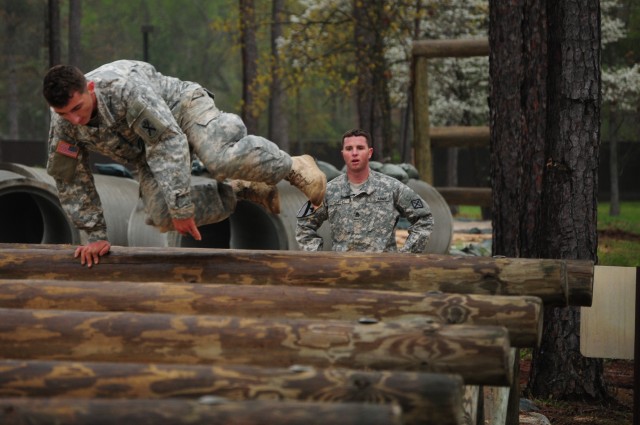
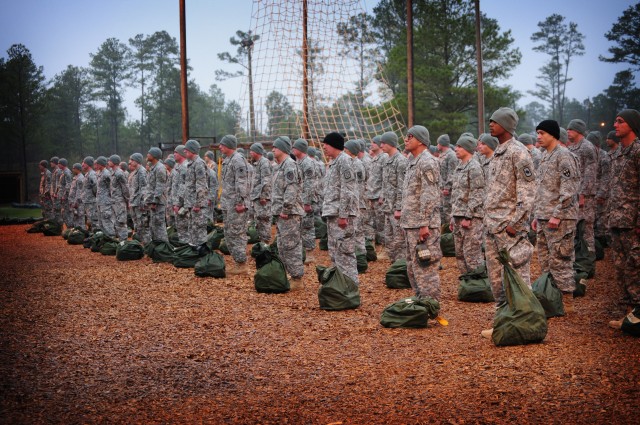
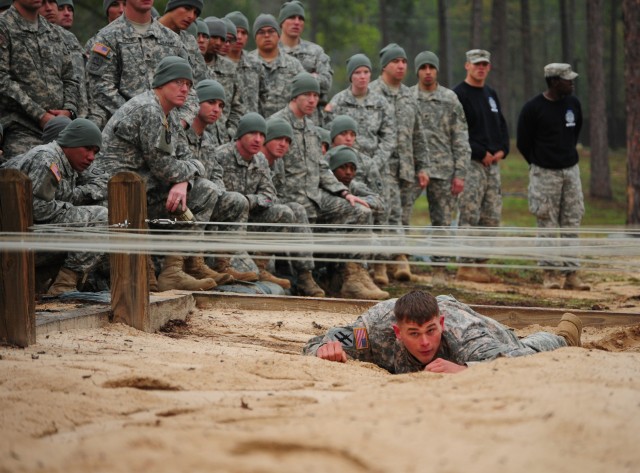
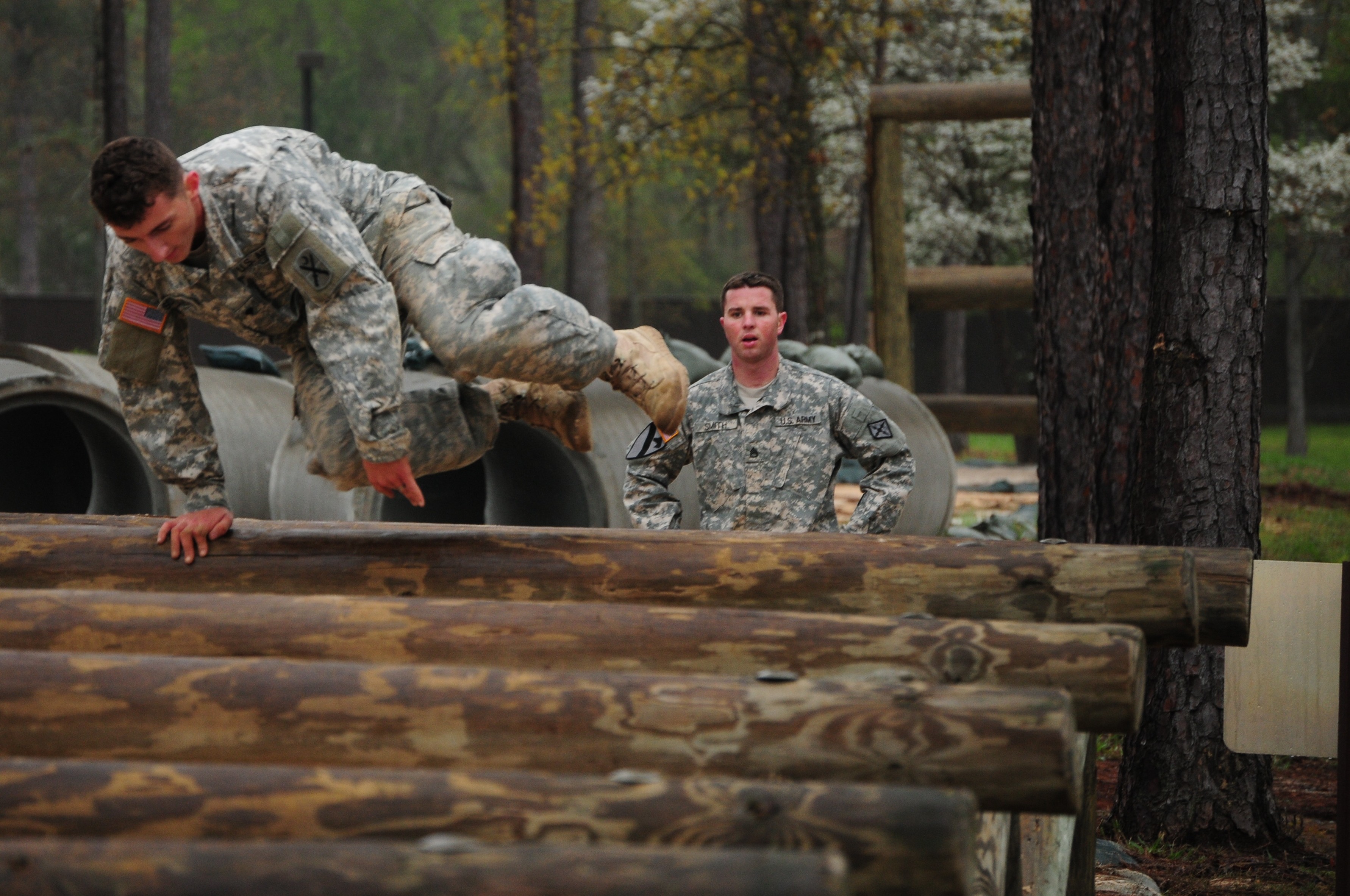
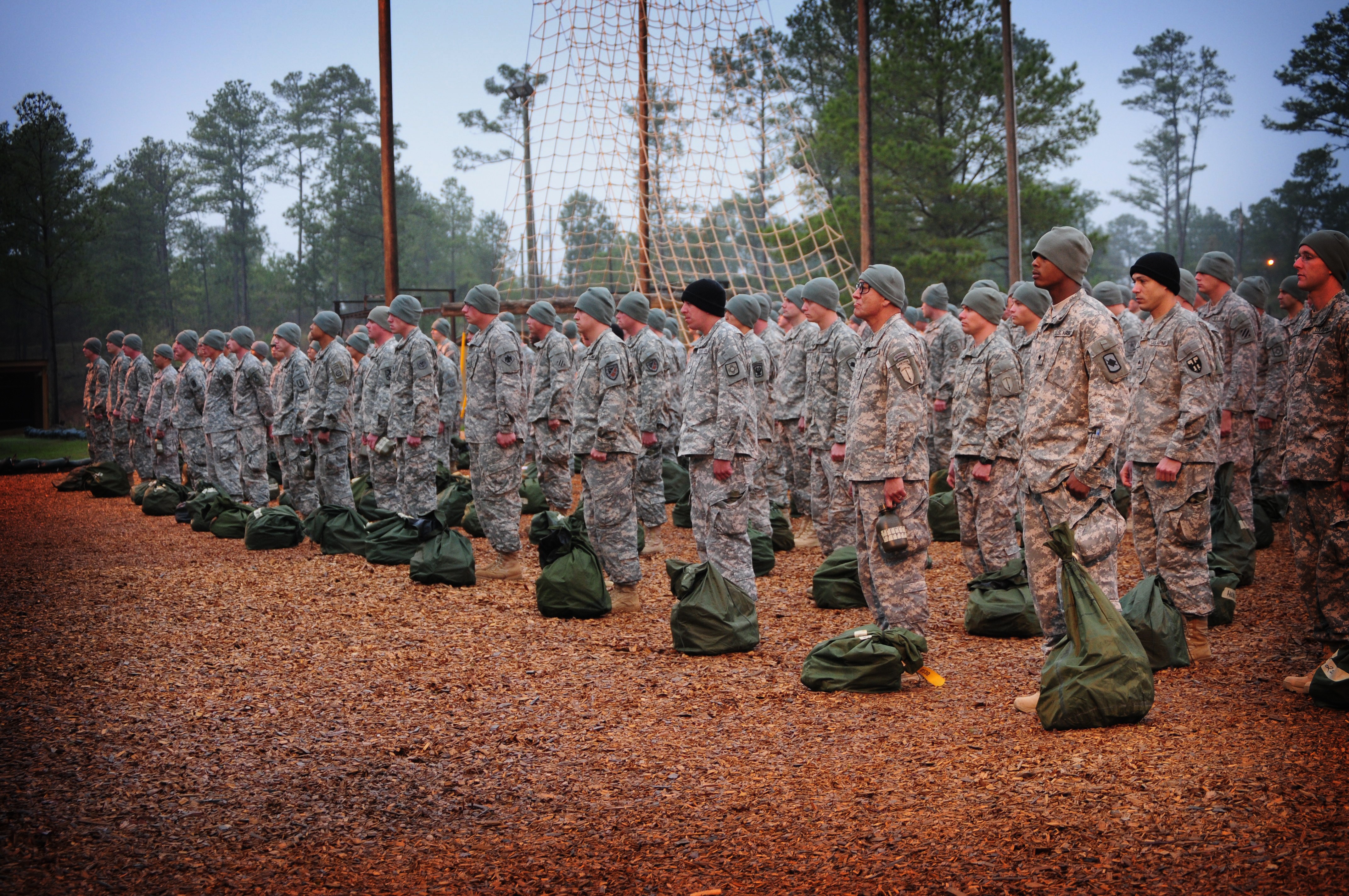
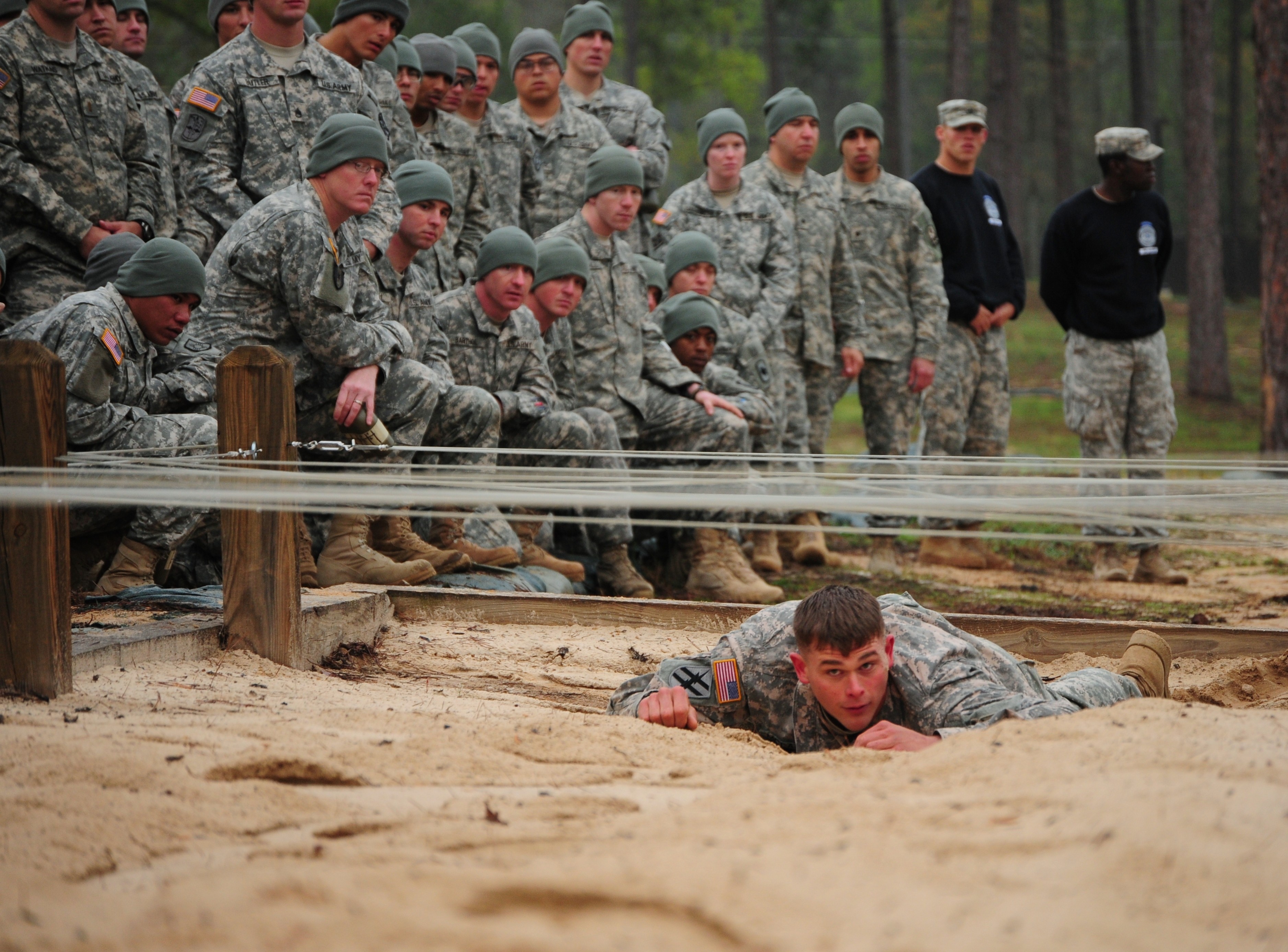
Social Sharing